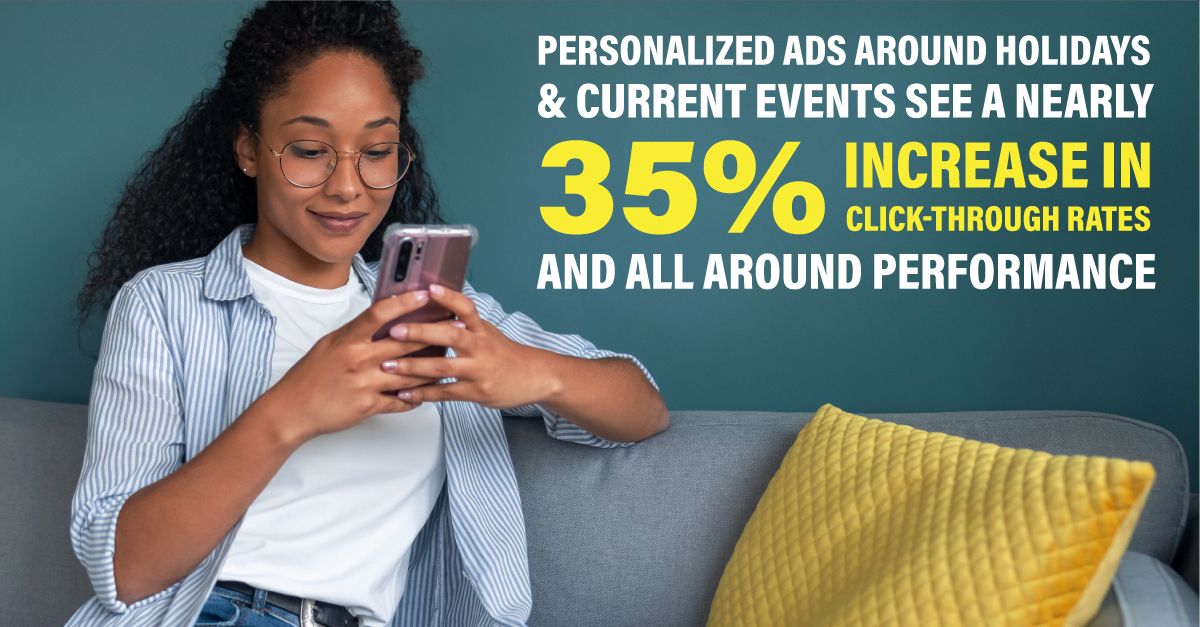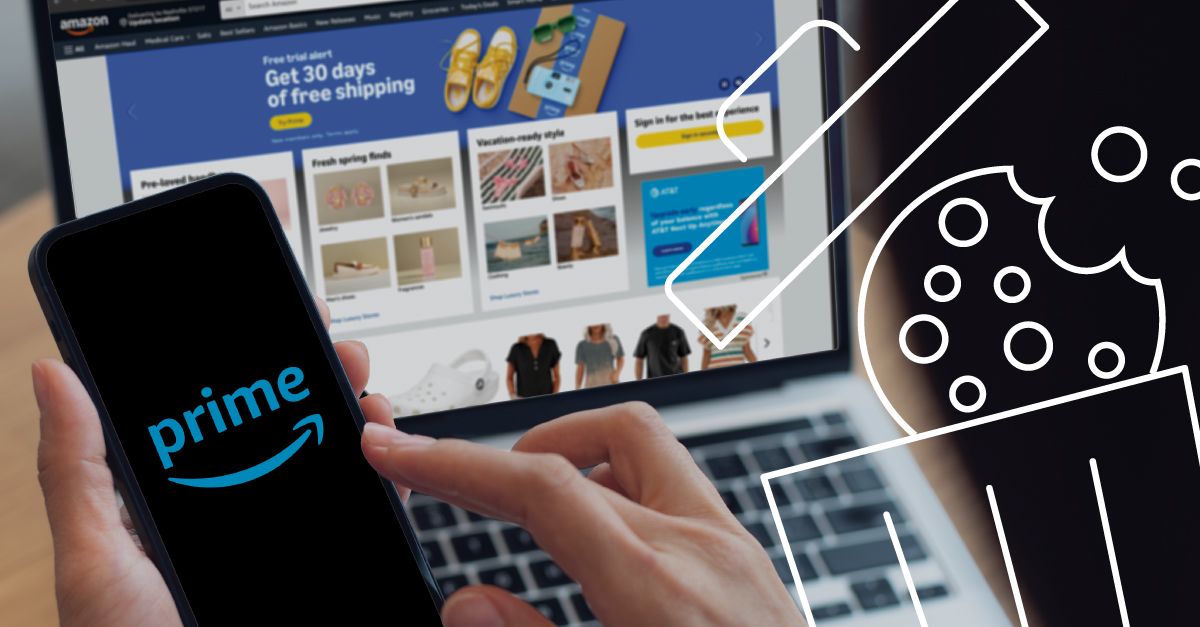
In the world of marketing, data is king. Marketers use an abundance of user data to gather leads, increase sales, and personalize the customer experience. These data-first strategies have proven highly successful at converting customers, which is exactly why data is king.
Data-driven personalized marketing allows brands to target their campaigns at precise individuals rather than splash their messaging to random mass audiences. But with increasing awareness around data privacy recently, ad personalization has encountered a few road blocks, forcing marketers to change how they collect and/or personalize consumer data in the age of digital privacy.
Personalization vs privacy in the digital age
In recent years, personalized marketing tools have evolved to where they can now provide businesses with unparalleled insight into their customers’ behavior, which in turn helps them better understand and tailor ads for their target audiences.
In fact, Genius Monkey clients have found that, when they personalize ads around current events (such as holidays), they see a nearly 35% increase in click-through rates (CTRs) and all around performance. This kind of ad customization has become so effective and prevalent, in fact, that personalized ads are now a growing consumer expectation–with a catch.
While people enjoy and desire personalized customer experiences and ads, some users are apprehensive of data marketing tools that might blur the line between “sharable” and “private” data. In response, traditional ways of prospecting for data are being limited by new GDPR regulations that are strictly regulating the ways in which marketers can collect, store, and process user data across all fronts.
Personal data is at the heart of how marketers prospect for new business. Data collection, in particular, has become a crucial component to any marketing strategy, and it’s been that way for years. Why? Because you can’t have a significant or personal impact on specific consumers if you don’t have any of their data to work with.
But the days of mining boundless user data to create hyper-personalized ad campaigns is slowly coming to a halt. In order to continue ad tailoring, marketers need to find new solutions to data-driven personalization without compromising personal data and user privacy.

How to prospect data and protect data, at the same time
Walking the fine line between hyper-customization and data spying can be tricky, which is why it’s so important for marketers to understand how they can best collect and use customer data in order to craft an effective campaign plan. But with catered-ad marketing quickly losing footholds, what tactics can advertisers use in order to gather the user data needed to properly personalize ads and experiences for consumers? Here are a few ideas:
- Don’t be afraid to expand your marketing scope
Add focus to your approach by sending content or offers to users who might be outside your traditional audience demographics. Don’t go so granular that you lose people who may be interested but don’t know it. For example, a truck dealership might benefit from targeting beyond only men who’ve shown interest in wanting a truck. Don’t exclude other potential consumers, such as women and/or SUV-drivers looking to shift vehicles. Sometimes you have to go broader to catch people you didn’t even know were in your target audience.
- Contextual targeting gets the job done
Contextual targeting is a form of advertising that focuses on delivering targeted ads to users based on categories of webpages. By analyzing keywords, the website content is analyzed. Then ads are delivered to the user based on their previous interest in that particular category/vertical. Contextual ads allow you to streamline advertising efforts, tailor ad campaigns, and target people who are already searching for products or services relevant to your brand message.
- Research your target audience to create buyer personas
Develop buyer personas to target your ideal consumers through your content. After researching online, conducting interviews for more insight, and learning where your target audience spends time online, you can form your customers’ personas and determine what types of content they’re seeking. This will play directly into your goal setting and marketing strategies.
- Dig into past engagement data for direct connections
Ideally, any direct customer engagement you’ve had in the past has been cataloged in a company database, allowing you to analyze your customers behavior in order to craft the best strategy to marketing to them, specifically. Good examples of this are email and SMS campaigns. These are simple but effective tactics to market products and services that are relevant to specific customers based on their previous interaction with your business. All without infringing on their privacy.
- Sync up your strategy, technology, and creativity for optimal results
Optimize your personalized marketing by finding and maintaining a healthy balance with all other aspects of your customer-tailoring process. Make sure your catered ad campaigns are supported with the right mix of strategy, technology, and creativity. Data means nothing if it’s out of sync and/or not used properly.
- Dismantle data silos for greater insights and unification
Your business’s customer data should be cataloged and stored for future reference, but make sure it’s not cut off from your other operational mainframes, such as marketing campaign directives or customer support details or research data. Tear down any walls that prevent insights from various departments from being easily shared or reviewed. Data silos can impede the flow of user information and lead to valuable missed opportunities and improved customer experience efforts. Your data should be harmonized for optimal results.
Privacy provides better customer experiences
There’s no denying that personalizing the customer journey is the way of the future in effective advertising. As marketing tools and data collection methods continue to evolve, catering to specific consumers without intruding on their privacy might become more challenging. But don’t let this discourage you. With the right mix of creativity, innovation and resources marketers can continue to create highly-effective personalized experiences without compromising user privacy. As marketing personalization continues to carve new paths to customer data while still protecting privacy, everyone wins.



